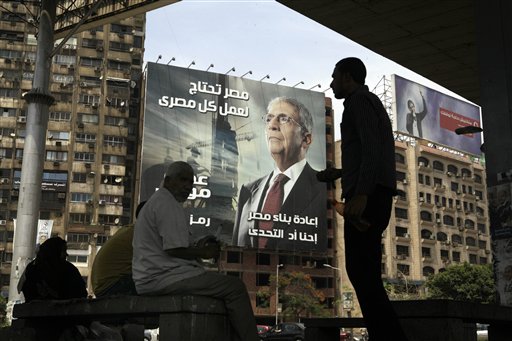Worldview 5.30.12
By

Worldview 5.30.12
By
WBEZ brings you fact-based news and information.
Sign up for our newsletters
to stay up to date on the stories that matter.

Wednesday on Worldview:
Egyptians head to the polls mid-month to elect a new president; now the field of candidates has been narrowed down to two. Ahmed Rehab, director of the Chicago chapter of the Council on American-Islamic Relations, tells Worldview what this election means for the future of Egypt.
Then, Rehab sticks around to talk about the power of music in this political campaign. Campaign songs and online music videos have played an influential role in Egyptian politics since the uprising in Tahrir Square. Many of the songs were written by underground musicians who flourished during the revolution that ousted Hosni Mubarak. Ahmed, Jerome McDonnell and Eight Forty-Eight/Radio M host Tony Sarabia dissect the lyrics during Global Notes.
And, Worldview talks with director Micha X. Peled about his film, Bitter Seeds. The movie examines the causes of an epidemic of farmer suicides in India—one every 30 minutes. In 2004, an American company introduced genetically modified seeds to the Indian market, with catastrophic results for local farmers. Bitter Seeds screens Wednesday at the Gene Siskel Film Center as part of the Human Rights Watch Film Festival.